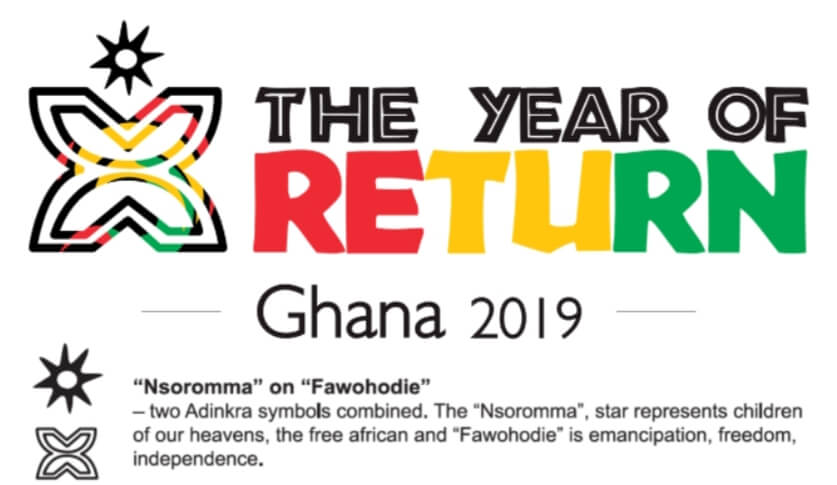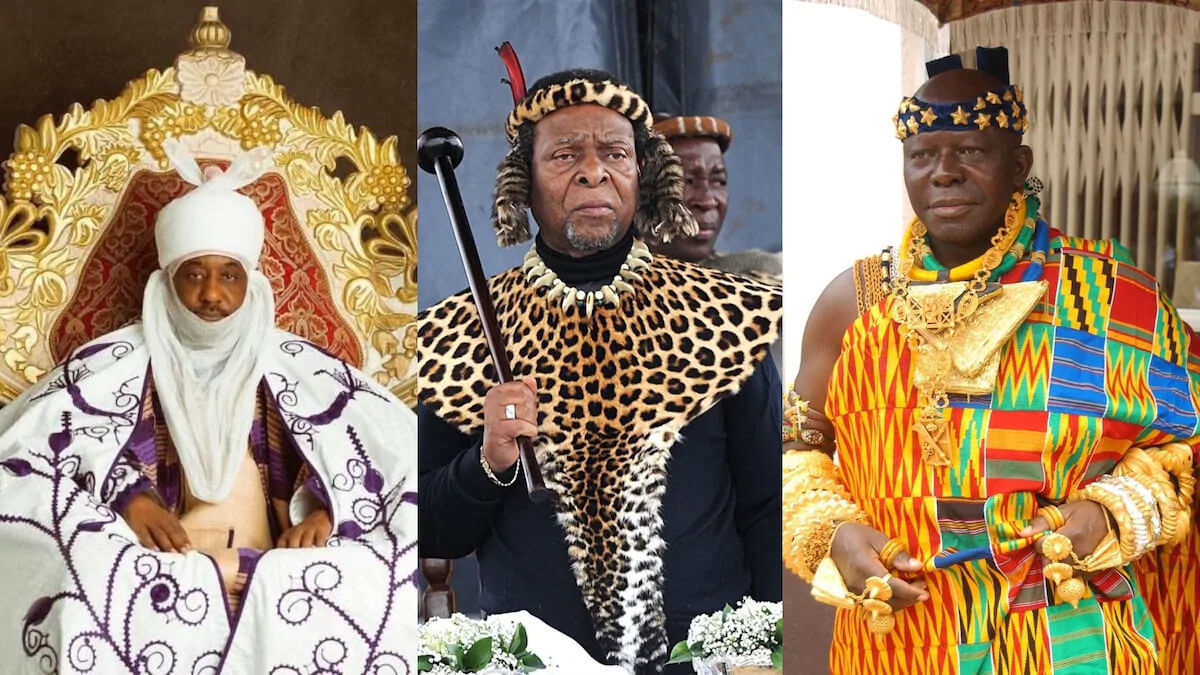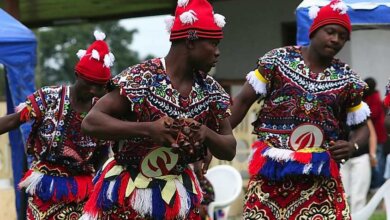Ghana’s ‘Year of Return’ commended at 2021 virtual Africa Travel Week

The diaspora market was the topic of another engaging panel discussion at the 2021 virtual Africa Travel Week (ATW). Experts in black diaspora travel noted that more ‘intentional marketing’ and grassroots training is needed to encourage travellers with heritage links to Africa to visit the continent and grow repeat business.
According to a report on tourismupdate.co.za, roadblocks preventing intra-Africa travel by road and air and rail are another stumbling block.
Market messaging needs work
Tomiko Harvey, Vice President of the Black Travel Alliance, said the diaspora market represented well over US$109-billion in travel spend in 2019, across source markets, including the US, the UK and Ireland.
However, listeners heard that the tendency to invite visitors to Africa for a ‘once-in-a-lifetime trip’ was unintentionally putting travellers off, with many opting for destinations with shorter travel times.
Listeners heard that black travellers wanted to feel welcome on the continent of Africa and that they still seldom saw themselves reflected in travel marketing content.

“Brands need to be intentional,” urged Harvey, who suggested travel brands possibly “aren’t sure what to do with the diaspora market’s huge numbers”.
Caribbean-born Jamie-Lee Abtar, now based in the UK and Executive Director of Women in Travel – BAME, urged embassies and tourism boards to collaborate.
Abtar is confident that better strategies could be developed to entice future generations to visit their countries of origin, too.
Ghana’s success as a roadmap
In Africa, Ghana was a leading example of diaspora marketing done right, the panel agreed.
Read also: Things To Know Before Your Planned Trip To Ghana
Ghana made a name for itself in the diaspora market after a hugely successful ‘Year of Return’ campaign in 2019, launched to commemorate the 400th anniversary of the first African slave arriving in Virginia in the US.
That campaign is being followed up by a 10-year ‘Beyond the Return’ programme that will promote festivals and more of Ghana’s art, music and culture.
Combination itineraries and intra-African travel is also being encouraged.
During the ATW panel discussion, Ghana Tourism Authority CEO, Akwasi Agyeman, said the country had targeted various groups, church groups and African American organisations to promote the homecoming campaigns.
He described Ghana as an important transit point, which meant the campaigns’ messaging was still relevant for travellers whose bloodlines came from other parts of Africa.
“We said, no matter where you come from, you need to come back to Ghana. And we made it a whole year so that travellers could decide when to come,” Agyeman explained. “People were genuinely interested in visiting the motherland. It was very successful.”
Agyeman warned that roadblocks limiting travel between African countries was still a major hurdle and prevented Africans from travelling within the continent and exploring their own lineage.
“It is probably easier to jump on a flight to get to Europe than to get to another African country. An eight-hour road-trip can take much longer because of roadblocks and artificial borders.
Those who can’t afford the flights can also do road travel. Then, if there are passes (common Africa visas) travel is very easy. Intra-African travel is the next frontier.”
Reaching more travellers
Harvey said the average diaspora traveller spent approximately 28% of their budget on food delete?
transportation, 15% on shopping, and 23% on food.
“Target those individuals and dispel the myth that it is too long, or a once-in-a-lifetime trip. People go to Europe year after year and you never hear anybody saying, ‘that’s a once-in-a-lifetime’ opportunity. Why is the continent telling people that…?”
“The networks (to reach diaspora travellers) are there. We just need to support them,” commented Abtar, while Nigerian publisher, Mimi Aborowa, encouraged brands and destination marketing agencies to share more images and stories that would make visitors feel safe and want to return.
“The people in the diaspora market want to see themselves, their countries and their culture being represented in a way that would be appreciated on a global level. The African Diaspora is huge.
And for British Nigerians, American Nigerians, the cultural connection is huge,” said Aborowa.
Dr Harriet Lewis, Founder & Chief Visionary Officer at Konesens Development, a boutique consultancy that encourages equity and inclusion through international trade, asked listeners: “Can I feel connected? Can I feel like I am coming home? Am I welcome?” Lewis maintained: “The diaspora is still an untapped market”.
Source: ATQNEWS
Oral Ofori is Founder and Publisher at www.TheAfricanDream.net, a digital storyteller and producer, and also an information and research consultant.





